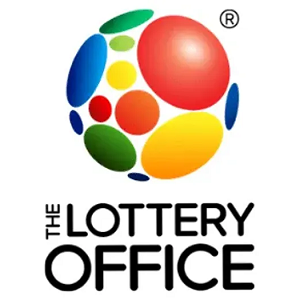
Lottery is a type of gambling in which people bet small amounts of money for the chance to win a larger sum of money. It is a popular activity for many people and contributes billions to state coffers each year. While there are people who play it for fun, others see it as a way to improve their lives and the life of their families. However, it is important to know the odds before you start playing. This will help you avoid making irrational decisions about your ticket purchases.
There are several different types of lottery games, but most involve players picking the correct numbers in a drawing to win a prize. The winning numbers are chosen by a random number generator, which is an algorithm that generates combinations of numbers until it finds a combination that corresponds to the winning numbers in the drawing. Some lotteries allow players to select their own numbers, while others use a random computer selection process. The latter is usually done by marking a box or section on the playslip to indicate that you will accept whatever set of numbers the system picks for you.
The odds of winning the lottery depend on the numbers that are drawn, but they do not increase if you buy more tickets or play regularly. In fact, the odds of winning any lottery remain the same, whether you play a game every day or on a whim. While there are ways to improve your chances of winning, the best thing you can do is keep playing and hope for the best.
While the popularity of lotteries has increased in recent years, there is a great deal of skepticism about their efficacy. Some people think that they are addictive and have a negative impact on society. Others argue that the money raised by lotteries can be used for other purposes, such as education. However, many states continue to operate lotteries because they are able to generate significant revenues and have the support of the public.
In the United States, all 50 states offer some form of lottery. Most of them have a wide variety of games, including scratch-off tickets and daily games. The majority of states also have a big-game lottery that requires participants to choose six numbers from a range of 1 to 50. The odds of winning the big game are long, but it is possible to win a substantial prize with a small bet.
Typically, the lottery begins with state legislation establishing a monopoly for itself; establishes a public agency or corporation to run it; starts with a modest number of relatively simple games; and then, because of pressure to maintain or increase revenues, progressively expands its offerings by adding new games. In addition, the state often imposes specific restrictions on the types of games and prizes it offers, in order to ensure that the proceeds benefit a particular public good.
Lottery profits are often derived from the sale of tickets to a pool of prize funds, from which costs and prizes are deducted. The remainder of the funds is awarded to winners. In some cases, the profits are shared with other participating lotteries, a practice known as multi-state lotteries.